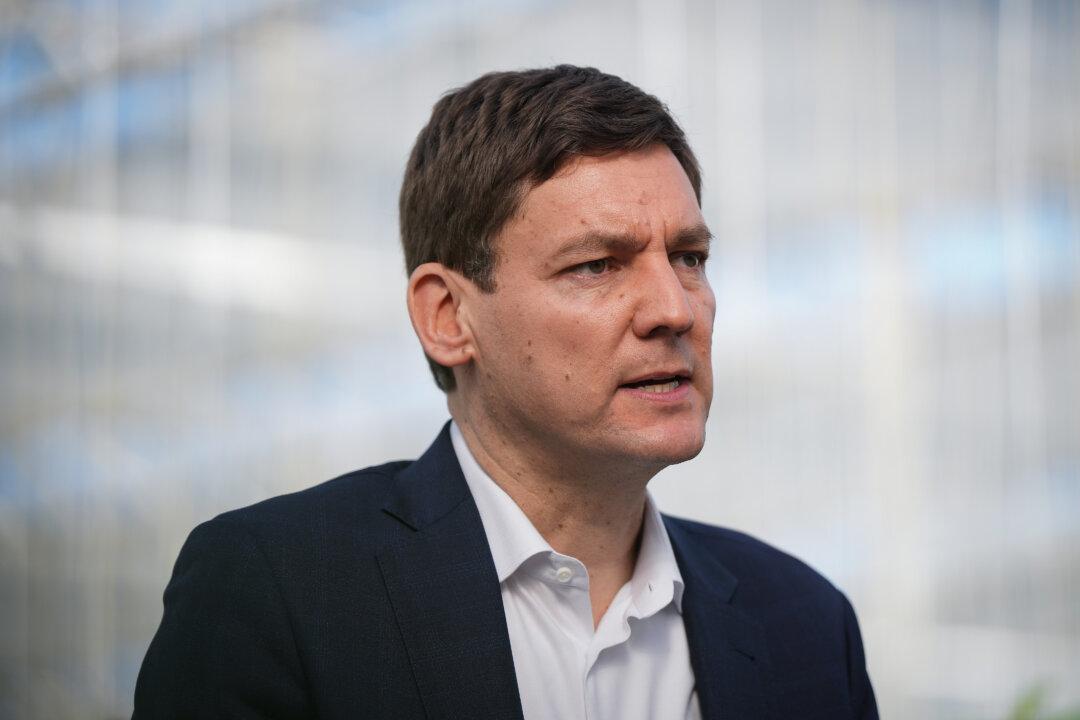B.C. Premier David Eby wants the use of vending machines to dispense free drug items and testing kits at three hospitals to be reviewed after a viral video from a Conservative candidate highlighted the vending machines that dispense them.
“That’s what I’ve asked the minister of mental health and addictions to have a look at to make sure that we’re meeting that expectation that I have, and that I think every British Columbian has,” Eby said at a news conference on Aug. 27.





